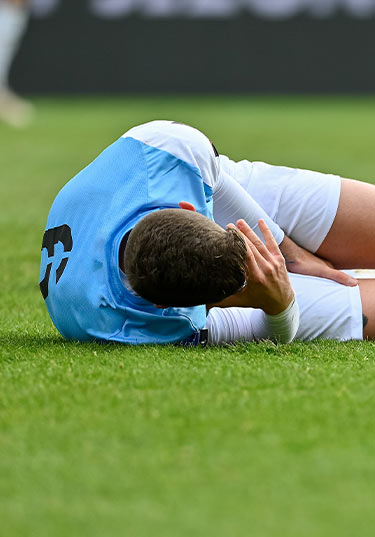Dr. Carl Byrne
Dr. Carl Byrne currently works in Emergency Medicine as a Specialist Registrar in Dublin. He has a passion for Sports having competed in several different sports from rugby and archery to marathon running, this is all mirrored in his passion for Sports Medicine.
Carl completed his MSc in Sports & Exercise Medicine with the University of Bath, and his Post Graduate Cert in Sports Emergencies with UCD. He also completed Membership Examinations in Sports and Exercise Medicine in the UK.
When he isn't out running, he is actively involved with pitchside medicine in Rugby, having worked at matches such as the URC league games and Champions Cup.


